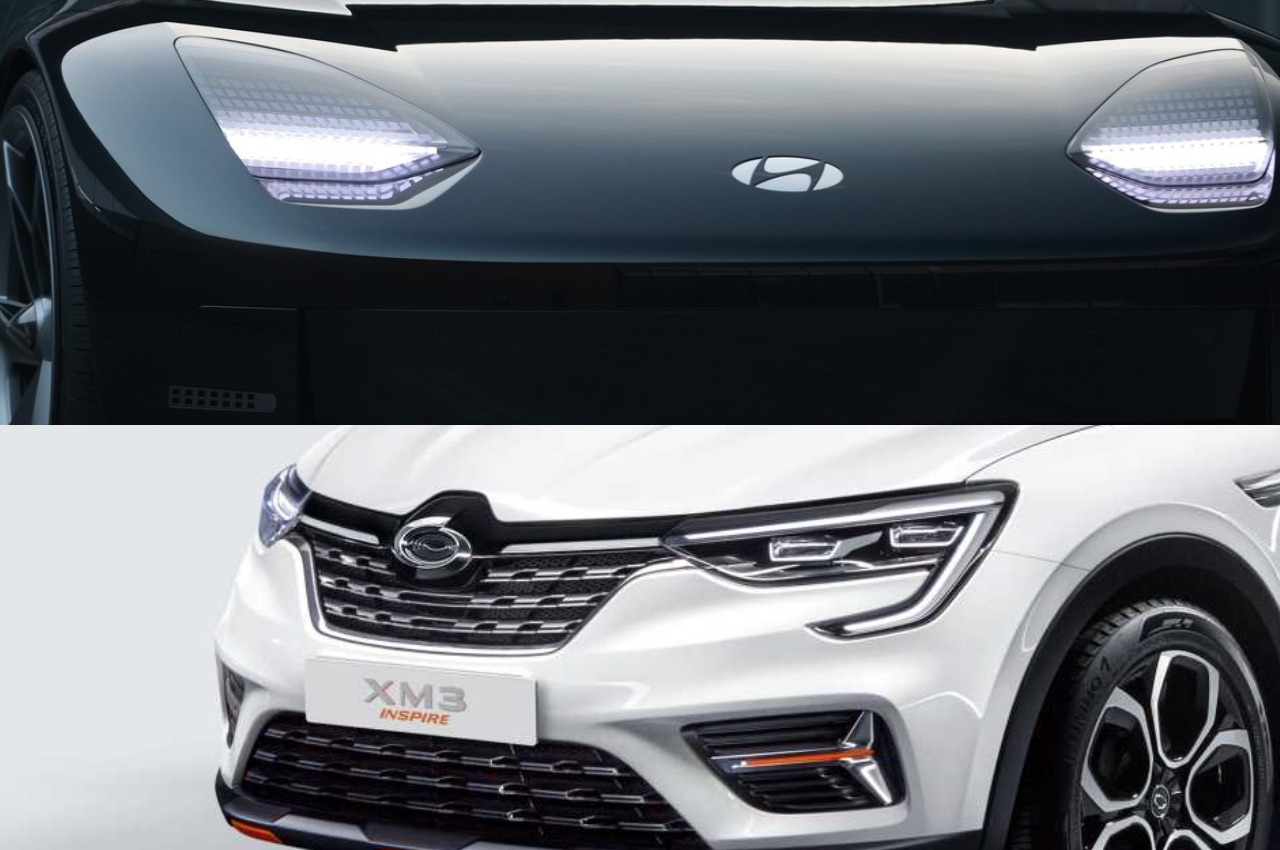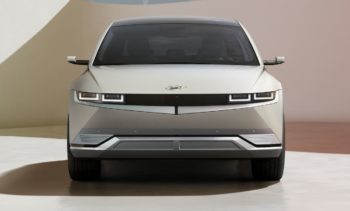According to a new pulsenews.co.kr report, Samsung Electronics’s Vice Chairman Jay Y. Lee visited the Hyundai Motor Group R&D Centre in Namyang and met Hyundai Motor Company’s Executive Vice Chairman Euisun Chung on Tuesday.
The report indicates that the top-level executives from the South Korean companies are looking at cooperating in the areas of BEVs, hydrogen FCEVs, urban air mobility and robotics. Industry insiders suggest that Samsung SDI is expected to manufacture the batteries for the next-gen Hyundai and Kia battery-powered vehicles. It is unlikely that the new electric cars from the Hyundai Motor Group, the Hyundai 45 and the Kia CV EVs arriving in 2021, are among those.
In May, the top management of the Hyundai Motor Group and Samsung Group met to discuss possible collaboration in the EV business that could utilize Samsung’s solid-state battery technology for Hyundai’s EVs. They were Euisun Chung and Jay Y. Lee only, who had met at Samsung SDI’s battery plant Cheonan, situated south of Seoul. In March 2020, Samsung revealed that they had developed a solid-state battery tech for EVs that overcomes the general issues surrounding the EVs like the range and life cycle of the batteries.
The team from Samsung Advanced Institute of Technology (SAIT) and the Samsung R&D Institute Japan (SRJ) replaced the lithium metal anode in the solid-state batteries with a thin solver-carbon layer. This has resulted in a battery with higher capacity, better safety, and increases the life of the battery. The prototype battery offered a range of around 800 km in a single charge and has a lifecycle of 1000 recharges, which means that it can last 800,000 km. The battery pack is also 50 per cent smaller than a regular lithium-ion type that makes it highly suitable for application even in small cars or sportscars where weight saving is critical.
On the other hand, Hyundai is spending heavily in the mass-production of EVs and has developed a dedicated electric platform, E-GMP (Electric Global Modular Platform) that will be used by Hyundai and Kia for a wide range of products. The first car from Hyundai to be built on this platform is the Hyundai 45 EV (codename: Hyundai NE EV) expected to get unveiled in January 2021. Other cars that will immediately capitalize this base are the Hyundai Prophecy and the Kia CV crossover (based on the Kia Imagine Concept). The Hyundai Motor Group announced this year that it would have 23 pure electric models on the road by 2025.
If Samsung and Hyundai decide to collaborate, it would be a few years before we see market-ready products that have none of the limitations of current electric vehicles. The new battery technology is still in the research stage and will take a few years before they can come to mainstream EVs.
It is to be noted that towards the end of 2019, Hyundai signed a deal worth $8.2 billion with Samsung’s rival SK Innovation for the supply of 500,000 batteries for EVs across five years.

![Compact Hyundai ‘Ioniq 3’ to be produced in Singapore in 2025 [Update]](https://electricvehicleweb.com/wp-content/uploads/2022/01/2025-Hyundai-Ioniq-3-rendering-front-350x220.jpg)
![Hyundai Ioniq 6 spied in production form for the first time [Update]](https://electricvehicleweb.com/wp-content/uploads/2021/09/Hyundai-Ioniq-6-front-rendering-350x197.jpg)
